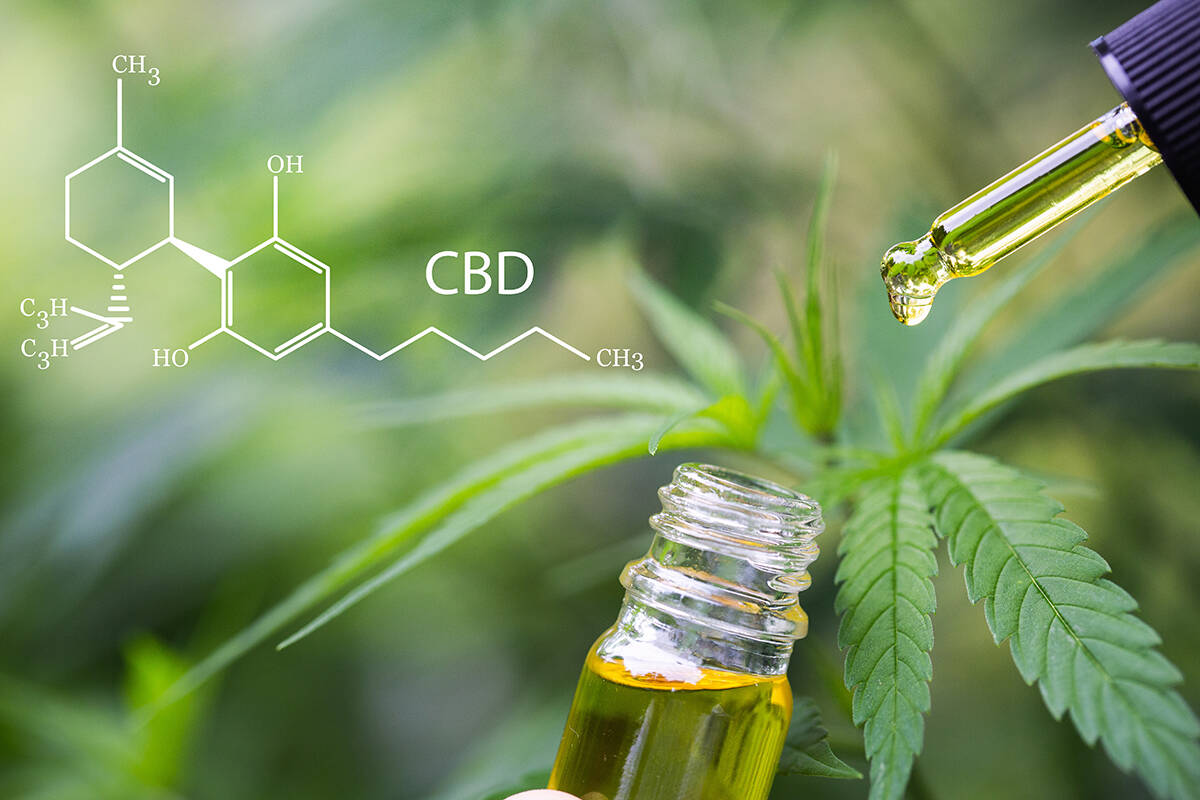By Jessica Schladebeck, New York Daily News
About 80 per cent of parents know almost nothing about CBD and CBD products, with more than a third of them under the impression it’s the same as marijuana, according to one US survey.
While CBD or cannabidiol is a chemical compound found in marijuana and hemp, it only has about 0.3 per cent of THC or tetrahydrocannabinol, which is the psychoactive aspect of the drug that triggers a high feeling. Most retailers say their products have little to no THC.
According to a new survey by C.S. Mott Children’s Hospital National Poll on Children’s Health at the University of Michigan Health, “most parents have very limited knowledge about CBD products.”
Of the 1,992 parents polled nationwide — all of them with children between the ages of 5 and 18 — 34 per cent said they had never heard of it prior to the survey and another 46 per cent said they “didn’t know much about CBD use in children.”
Only 2 per cent of parents had ever given their child a CBD product for medicinal purposes, while more than 90 per cent said they’d never considered providing their kids with CBD.
Though there’s still only a small amount of data on the matter, Sarah Clark, the poll’s co-director, noted that “CBD has become much more accessible and widely advertised, with some companies claiming benefits for kids.”
READ MORE: 6 great ways to incorporate CBD into your daily routine
Still, it’s “important for parents to inform their paediatrician or other healthcare providers if they’re considering CBD use in kids so that they can discuss potential risks,” Clark said in a statement.
Most CBD products are not regulated by the US Food and Drug Administration — so far, Epidiolex, a prescription drug used to treat some forms of epilepsy, is the only one to receive approval, CNN reported. That means most products can be found on grocery and drug store shelves and do not require a prescription.
Most parents, about 73 per cent, believe CBD could be a viable option when the available medication fails, though more than half said they would wait until the products get FDA approval.
Side effects could include sleepiness, fatigue and diarrhea, and experts have raised concerns about CBD’s potential to interact with other medications.
“Anecdotal stories of children benefiting from CBD may sound alluring but just because it’s a plant product doesn’t necessarily make it safe or effective in children,” Clark said. “We need more evidence to understand CBD’s short- and long-term side effects in kids.”
READ MORE: STUDY: First research completed to discover long-term effects of CBD
***
Find the latest must-read stories from the cannabis world at canadianevergreen.com, your go-to source for news, trends, products and lifestyle inspiration from the cannabis community and beyond. You can also follow us on Facebook and Instagram and Twitter.

